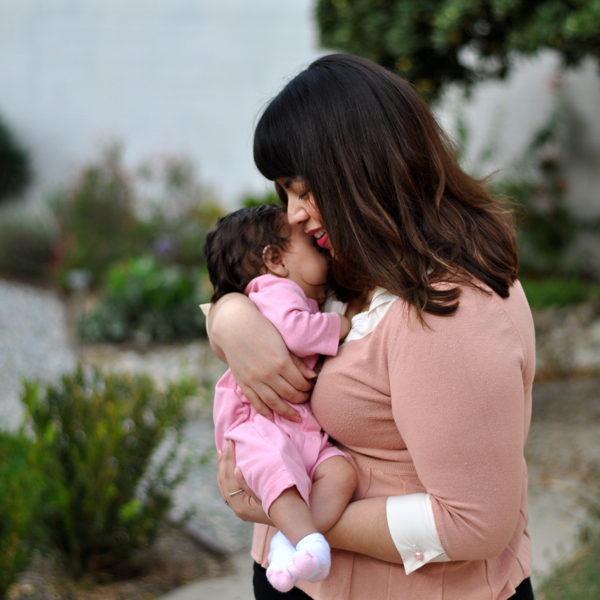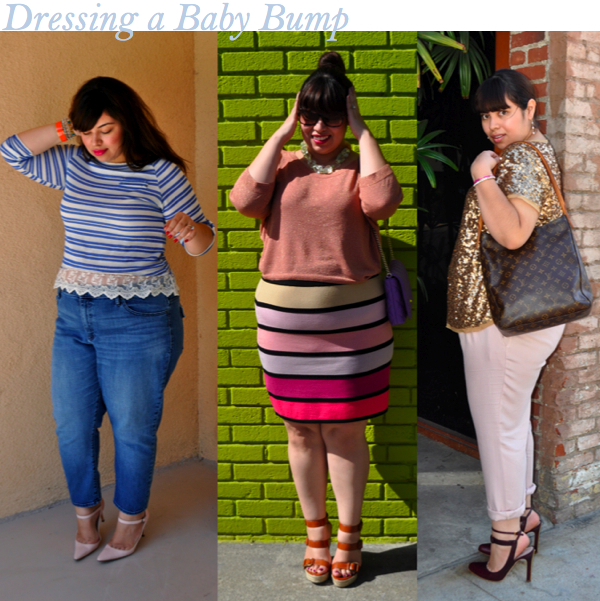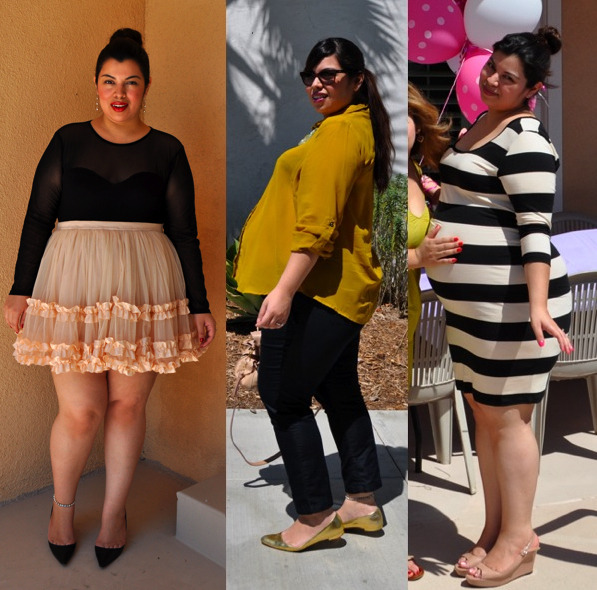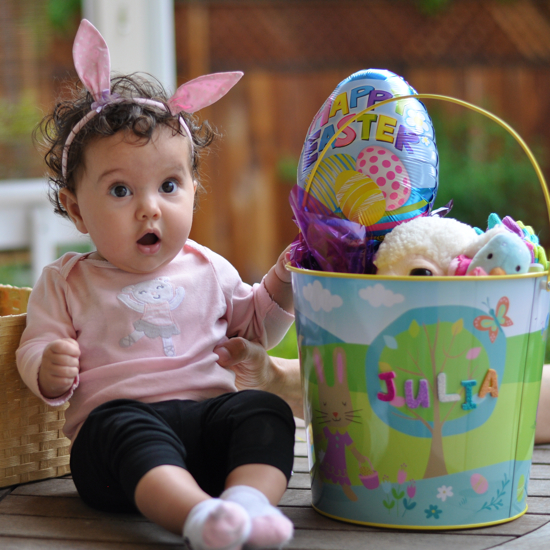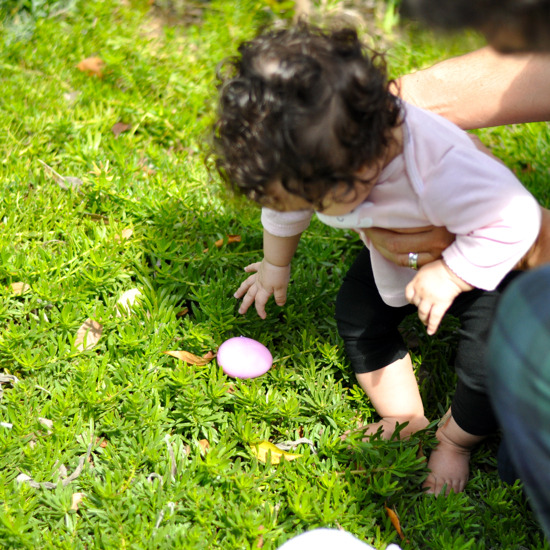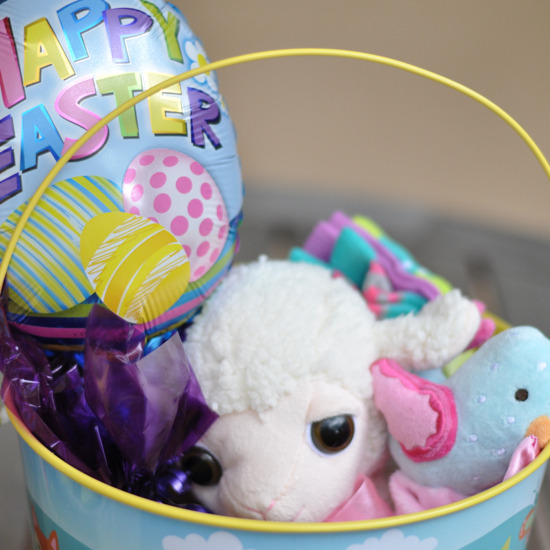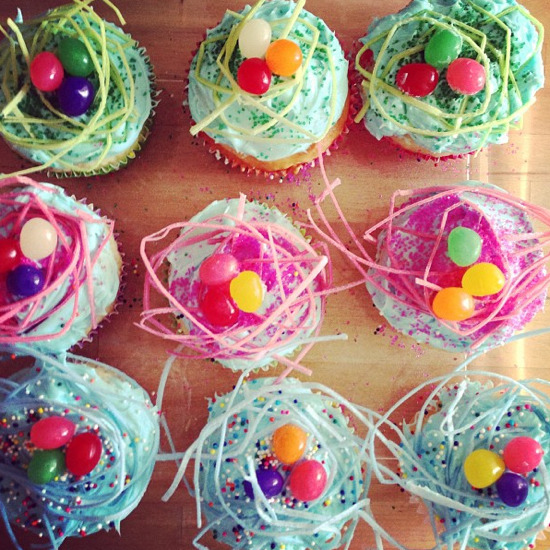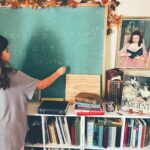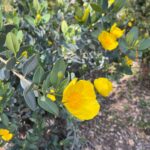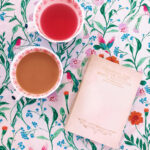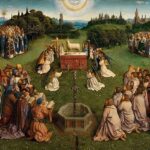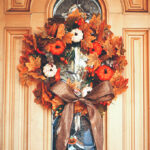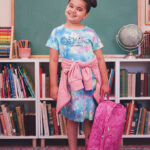I wanted a love story. The sort of aching, vulnerable, reluctant-but-inevitable-submission-into love found in the pages of Jane Eyre or Pride and Prejudice. I thought love would be poetry and English fields, even though I’ve never even been to England and nor did I marry Mr. Darcy.
The occasion of the day inspires me to put my feelings to ink. And I have so many of them. I lay awake at night and wonder: how many stories go untold? Why are women islands? I have so many stories to tell. Women and mothers—we have a story to tell.
So I got pregnant. And it was a big f—ing deal. Where’s the Walt Whitman, James Joyce, or Mark Twain of pregnancy?
I know, I know. Brilliant women all over the world become mothers and become so busy being mothers that there is hardly time to talk or write or make art about being mothers. And it makes me think there’s a great chasm in our culture because of it. Our stories should be told. Then one day I realized: they are told. A mother will sing her song to her child.
What story did your mother tell you and in what tone? Was it mellifluous and honeyed, sour, reticent, or dreamy? Love is a story. The absence of love is a story. Children grow up to be the bearers of those stories, for better or worse.
I remember my high school English teacher told us you can only really write about something you know and right now I am so intimately aware of my experience as a mother that I cannot escape writing about it. If prompted, motherly musings pour out of me.
First: I know I am not alone. I read stories about mothers crying in locked bathrooms or screaming in their cars, just to get through their day. I read even more stories about the quiet desperation of so many mothers. These women are everywhere and nowhere because these things are messy, don’t fit the ideal of motherhood, get labeled postpartum depression or something else that can be quickly dismissed as other. And even if that’s not exactly my story, it is one story and it’s a worthy story too.
Whence does a mother begin? The question reminds of the heap paradox from my undergrad philosophy class. No single grain of sand makes a heap. A couple grains of sand do not equal a heap. But eventually, you’re a heap. My mother told me you begin to be a mother during labor. That pain, she told me, is what made us mothers. I remember my labor pains even though my doctor told me I would forget them. Contractions felt like stabbing. Not like a bunch of little knives. Like one big knife pushing against my whole body. I was Sisyphus pushing a sharp rock, every 2 minutes. Oh, and I disagree with my mother.
For me, motherhood did not begin at labor. It began the moment immediately after I pushed my baby into the world and she was placed on my chest, writhing and perfect, and looked at me for the first time, eyes like blue almonds. I looked back into those eyes and she was the big bang, a cosmic singularity, Plato’s unmoved mover. All that contained in one seven pound, ten-ounce baby girl. My life was destroyed and assembled back together again in an instant.
I remember my life before becoming a mother. It was pretty indulgent. There was good food, good sex, cynicism, money, and different states of momentary intoxication. Ah, and what may be the biggest indulgence of all: the freedom to not care. At least not more than about myself – and hey, maybe not even about myself sometimes. But that’s not life anymore, that’s all gone. No one really talks about that to pregnant women. It’s not in the What to Expect book.
Since having a baby I feel like I am become halved and my baby is the other half. It’s this feeling that compels me to avoid drinking, drugs, frivolous purchases, and pushes me to obtain things like vitamins and life insurance. In a very real way, my life is no longer my own. It’s hers too. And there’s the rub. That’s what’s hard to accept as a woman who enjoys having an independent identity. And yet, while I do sometimes miss that part of my life, going back to my former life would probably be the worst thing that could happen to me. Because there would be a baby-sized hole in that alternate future.
See, my life had meaning pre-baby. But Julia has added purpose to my life unlike anything else. Through her eyes I’m seeing the world for the first time again. She inspires me to become the person I want to be, makes me think I can still change the world. Life is harder and more wonderful than ever.
And she is poetry come alive. Sometimes she is Bukowski, spitting and growling, sometimes she’s as disarming as a Brontë passage, and sometimes she’s a little bit Neruda when I catch her smiling in her sleep and I can tell she’s dreaming. I wanted a love story and quite unexpectedly I find myself in the middle of one.
